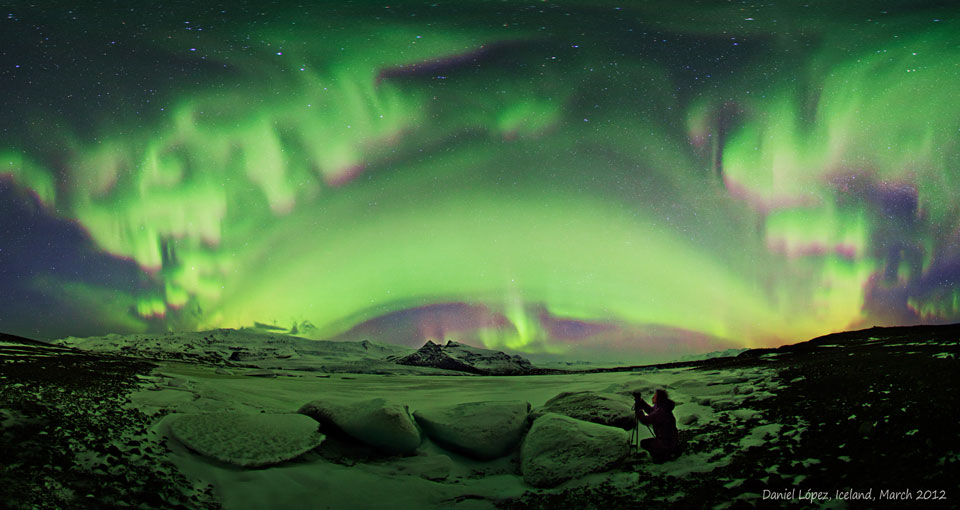SK790 wrote:It's a documentary on frozen lands. Replay is on at 11 on Discovery.
Did they talk about the period when the entire Earth was covered in ice? Or was it just about ice areas in the present?
SK790 wrote:It's a documentary on frozen lands. Replay is on at 11 on Discovery.




Scientists have been alarmed and puzzled by declines in bee populations in the United States and other parts of the world. They have suspected that pesticides are playing a part, but to date their experiments have yielded conflicting, ambiguous results.
In Thursday’s issue of the journal Science, two teams of researchers published studies suggesting that low levels of a common pesticide can have significant effects on bee colonies. One experiment, conducted by French researchers, indicates that the chemicals fog honeybee brains, making it harder for them to find their way home. The other study, by scientists in Britain, suggests that they keep bumblebees from supplying their hives with enough food to produce new queens.
The authors of both studies contend that their results raise serious questions about the use of the pesticides, known as neonicotinoids.


In the largest survey of its kind to date, astronomers scouring the space around the Solar System for signs of dark matter — the hypothetical material believed to account for more than 80% of the mass in the Universe — have come up empty-handed.
If confirmed, the surprising result would upend a long-established consensus, researchers not involved in the study say. For decades, cosmic theories have relied on dark matter — which exerts gravitational pull but emits no light — to be the hidden scaffolding that explains how structure arose in the Universe, how galaxies formed and how the rapidly spinning Milky Way manages to keep from flying apart. Without dark matter, theorists say, the visible material in the Universe, such as stars and gas, would not have the heft to do the job alone.
“If the results stand up, it’s going to be very difficult to make them compatible with the conventional view of dark matter,” says Scott Tremaine, an astrophysicist at the Institute for Advanced Study in Princeton, New Jersey, who was not involved in the study.









Woody wrote:I thought that was just part of everyone's normal third base routine?




